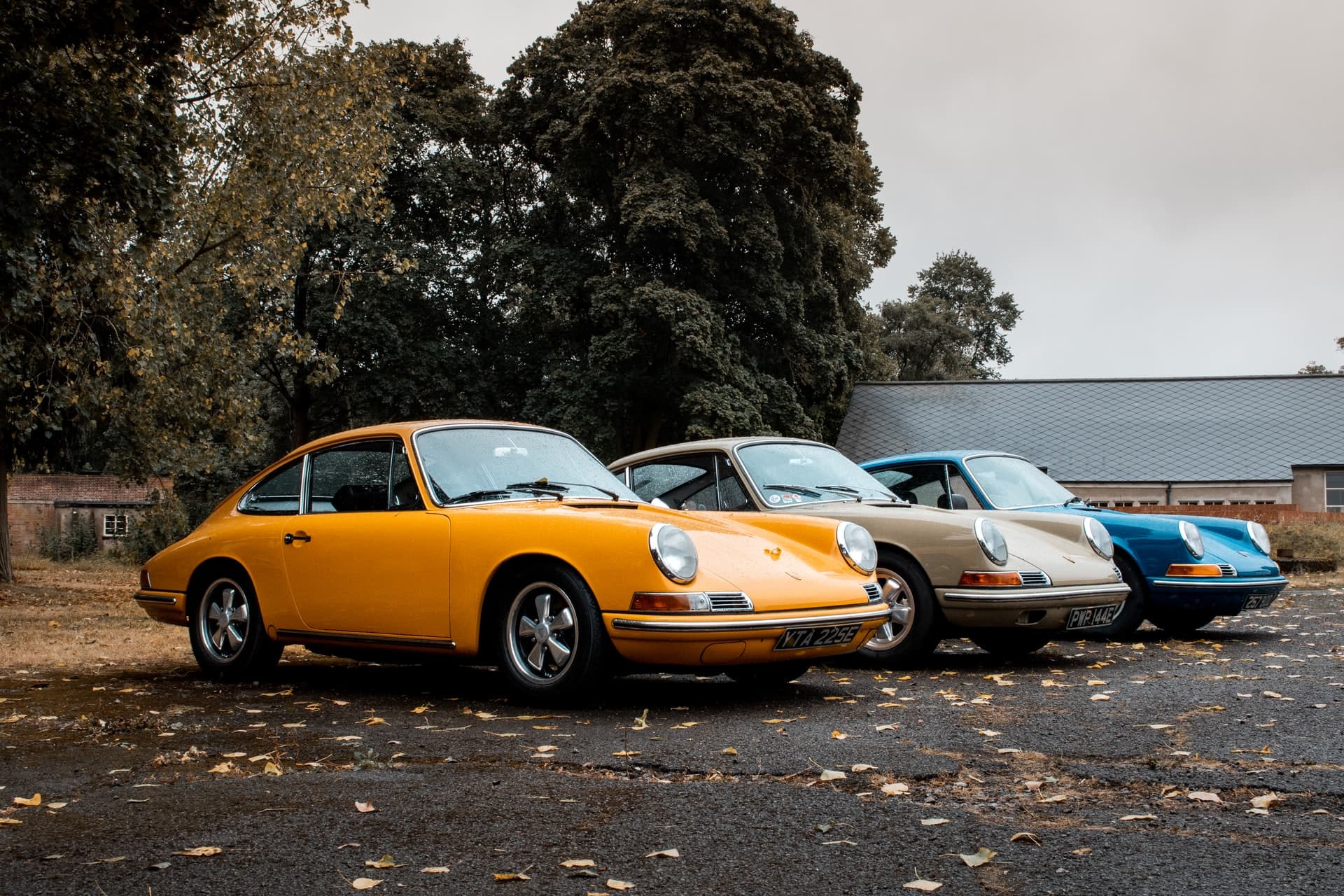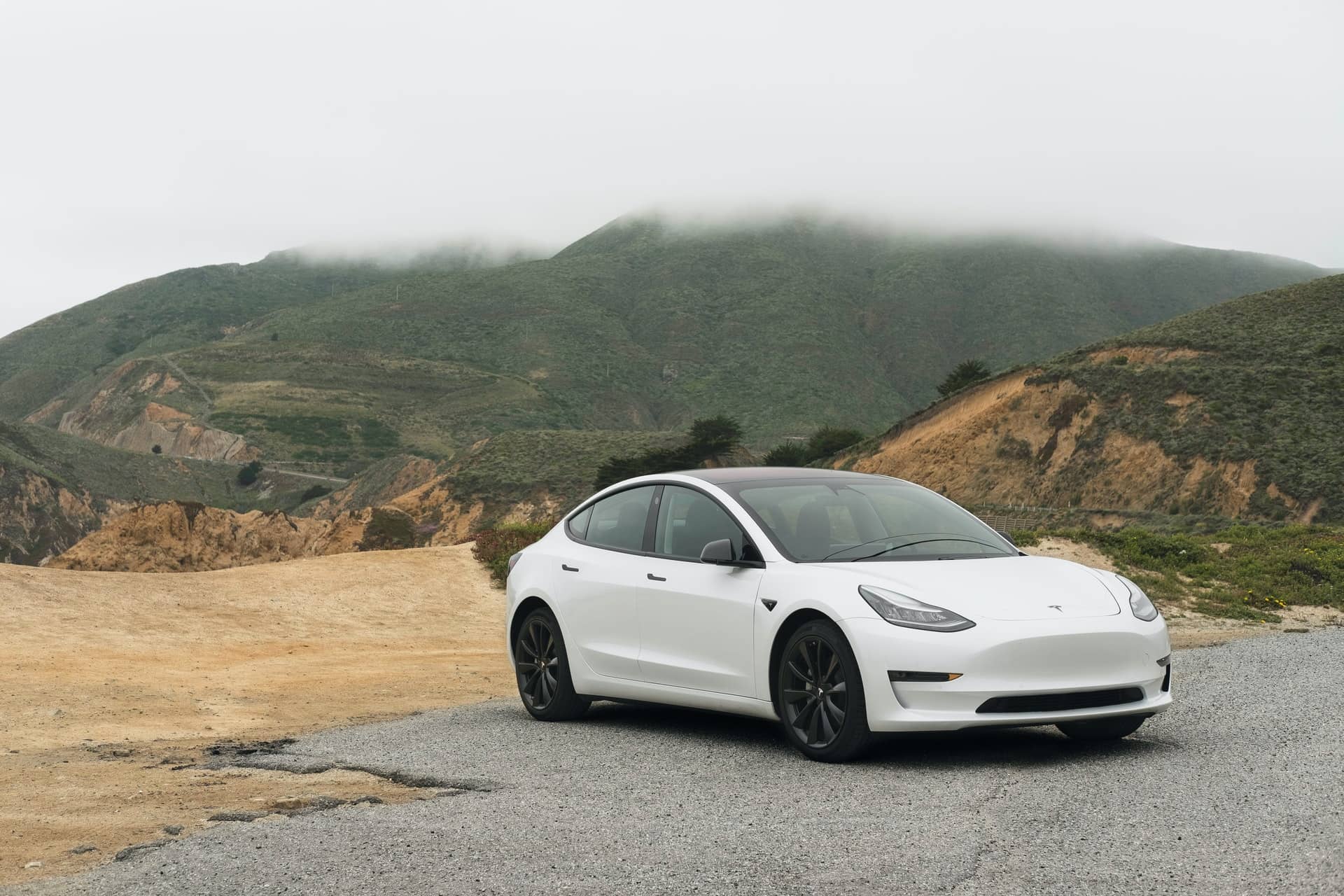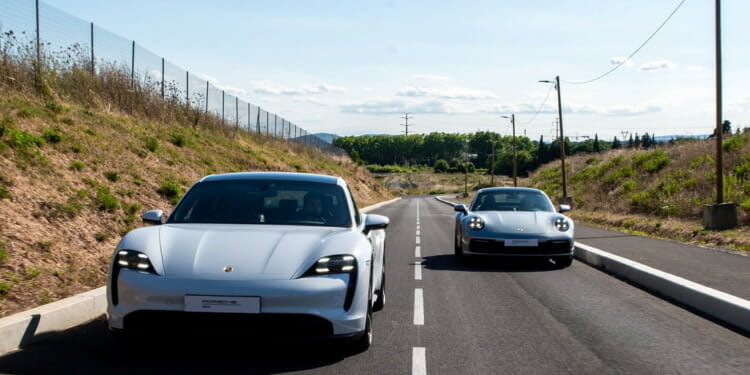There’s a lot of excitement around synthetic fuels. Will choosing an ICE (internal combustion engine) powered car that runs on synthetic fuels become an alternative to buying an electric vehicle?
In theory, synthetic fuels seem a great idea: synthetic fuels are carbon-neutral, as they don’t emit any new CO2 in the atmosphere, they could be up to 85% cleaner compared to regular fuels, and most importantly – considering the numbers of ICE-powered cars around the world – changing the type of fuel, seems an easier and more reasonable alternative to making everyone buying an EV.
But are we sure that synthetic fuels are a clean and sustainable solution?
How Are Synthetic Fuels Made?
The “ingredients” for synthetic fuels are fairly simple: hydrogen and CO2. The easiest and cleaner way to extract hydrogen is by separating it from oxygen in special machines called electrolyzers. Other machines for carbon capture collect CO2 from the air.
Hydrogen and CO2 put together produce synthetic methanol and water. Synthetic methanol then goes into further processing that converts it into diesel fuel; it could also be converted into the right mix of hydrocarbons for gasoline fuel.
To complete this very complicated process (read more here) we need machines that run all day powered – obviously – by electricity. To avoid emitting any extra CO2, while attempting to produce clean fuel, electricity should come only from renewable energy sources.
RELATED ARTICLES Our Sustainable Future: Electric Dream Cars | Chasing Tesla: 5 EVs Startups Looking to Become The Next Unicorn | Battle of the Brands: Two Juggernauts of Luxury, BMW vs. Mercedes – How Sustainable? | Helping Make Electric Vehicle Ownership Accessible To All | The 2023 electric vehicle industry overview | Car Maker Launches $25M Fund To Advance Climate Equity |
Who Is Pushing For Synthetic Fuels
There are several players in the industry that are pushing for synthetic fuels: startups, oil companies but also car brands including Porsche and Mazda.
Mazda was the first carmaker to join the E-Fuel alliance, an organization that promotes the use of synthetic fuels. The Japanese brand believes that in the future ICE-powered cars and EVs will coexist thanks to these new types of fuels.
Porsche has invested in a new facility in Chile. Chile is the perfect place to produce clean synthetic fuels: the country has plenty of renewable energy sources. Porsche will begin producing there its synthetic carbon-neutral fuel in 2022 and will use it for motorsport. The 2022 Porsche SuperCup will be the first series running on synthetic fuels.
Why Porsche and Mazda are investing in synthetic fuels, even if both brands are already selling EVs?
There are several reasons: but if you think about these brands’ most representative models – Porsche 911, Mazda Miata and RX Series – you might have some answers.
The future generations of 911, Miata, and RX will be very different if turned into EVs. They might lose some of the features that have made them iconic: Porsche 911 design and flat-six engine, Maxda Miata design, and RXs’ rotary engines. Can both brands take the risk of giving up all these to go fully electric?
This is not about Porsche and Mazda being “petrolheads” or “obsessed” with internal combustion engines this is about protecting brands’ identity and also their workforce.
The only solution to lower the emissions without launching more EVs is using synthetic fuels.

Why Electric Cars Seem To Be A Better Option
Although cars only account for a smaller portion of global transport emissions – aviation, or cargo ships are far worst – we can’t underestimate the impact on the environment we have every time we drive.
The figures are actually quite shocking: when we drive every liter of petrol produces 2,37 kilograms of CO2; 2,72 Kilograms if you are driving a diesel car. Try to calculate how much fuel you burn every year (please do) to understand how many tons of CO2 you are emitting, it’s scary!
People will tell you that if you charge your EV with electricity that comes from non-renewable energy sources, you are still harming the environment. That is only partially true: once you have charged your car, you don’t emit any more CO2 opposite of what happens with ICE.
The extraction, transport, and refining of crude oil account for between 15 and 40 percent of total greenhouse gas emissions from transport fuels such as gasoline and diesel. EVs don’t generate these emissions.
Another reason why synthetic fuels are not a good option is how complicated the production and transport are. Few countries in the world produce enough clean energy that could be used to produce synthetic fuels. In Chile, Porsche aims to produce 55 million liters of synthetic fuels in 2024 and 0,5 billion liters by 2026. The US alone needs 467 billion liters of fuels per year.
You can see why there will never be enough synthetic fuel for everyone.

Conclusion: The Internal Combustion Engine Is Here To Stay…On Weekends!
Synthetic fuels seem a great option, however, there will never be enough to supply the 1,5 billion ICE-powered cars currently on our streets. Probably they would also be more ideal for other sectors like aviation or agriculture.
Imagine the limited range of an electric plane or the power needed for a harvesting machine that runs for several hours at full power with a 1,000 horsepower engine. Batteries, for now, are not able to provide enough range for these vehicles. For them synthetic fuels could be an interesting option.
The other (strong) alternative is the sustainable aviation fuel (SAF) industry.
But what about cars? If we imagine a future where the majority of cars will be electric, there will still be petrolheads and these people will need synthetic fuels to run their classic cars. Maybe they will be EVs’ owners that on weekends wants to choose a different ride.
In this context, synthetic fuels will be a great option, however, considering them an alternative to EVs is quite a stretch. Hopefully, large car brands will keep investing in EVs and leave the ICE, synthetic fuel niche to small car manufacturers that can still produce fun cars for weekend rides.
In the cover picture: The fully electric Porsche Taycan and the Porsche 911. Photo Credit: Unsplash.
Editor’s Note: The opinions expressed here by Impakter.com columnists are their own, not those of Impakter.com











